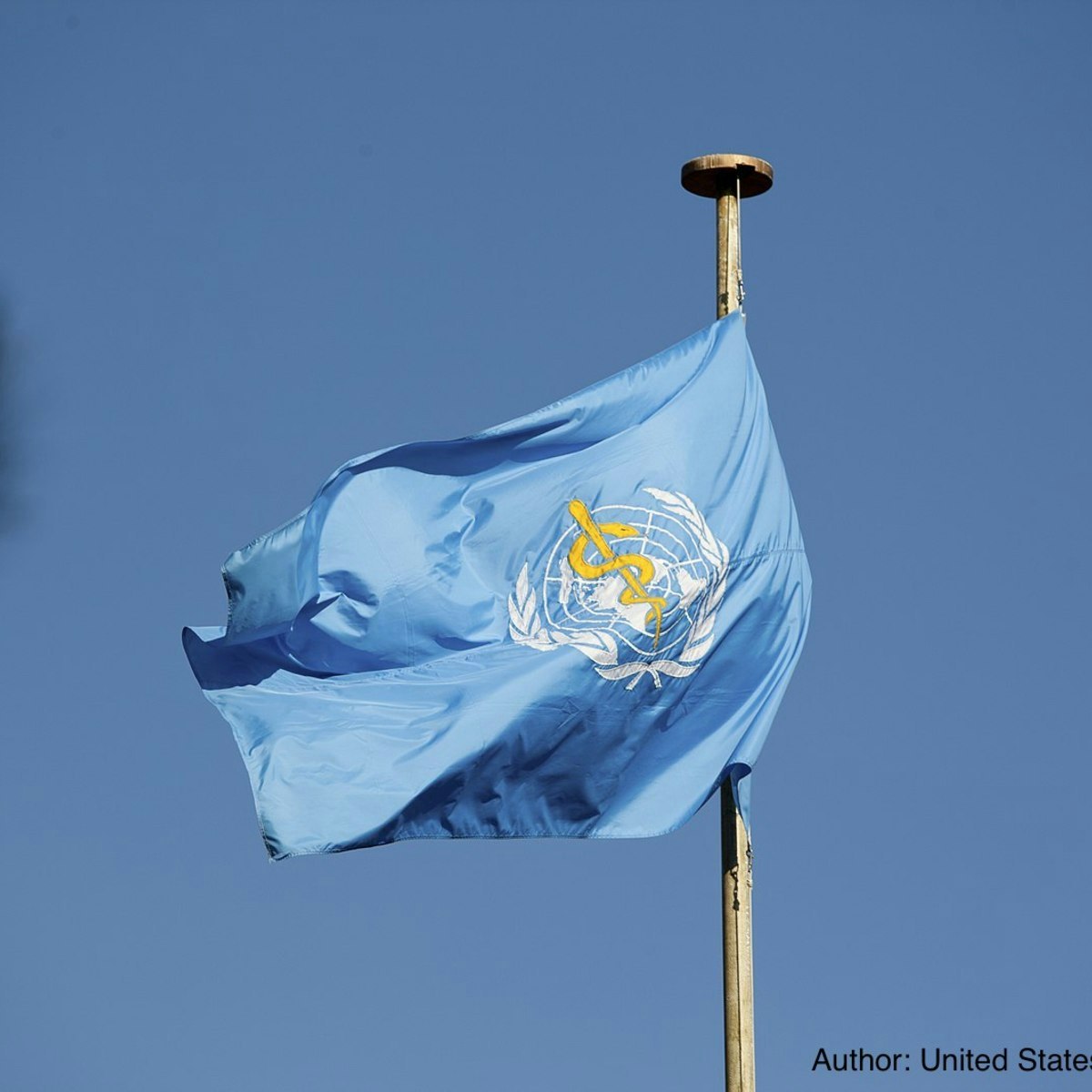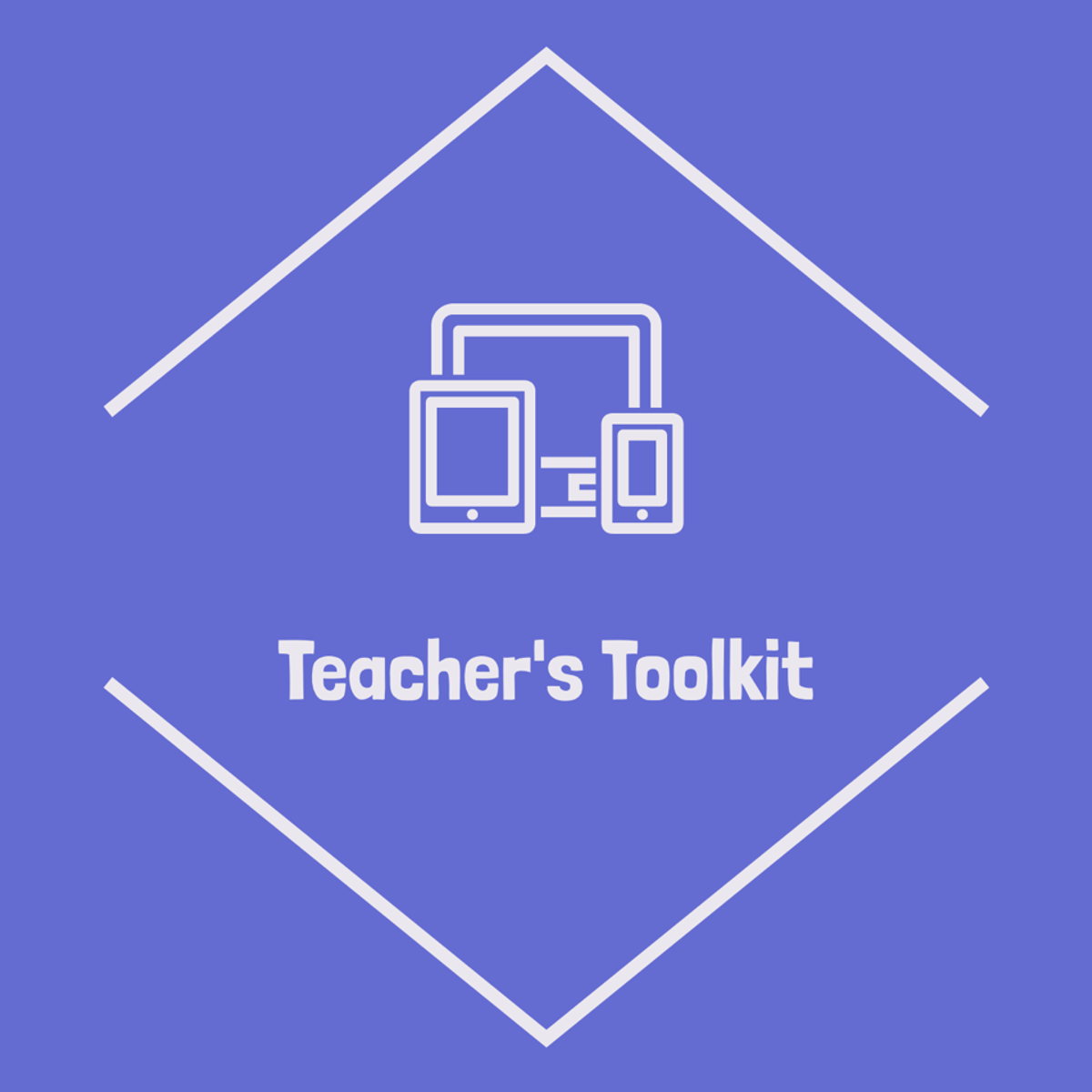Back to Courses









Social Sciences Courses - Page 50
Showing results 491-500 of 672

Global Health Security, Solidarity and Sustainability through the International Health Regulations
Welcome to the MOOC "Global Health Security, Solidarity and Sustainability through the International Health Regulations".
We are very excited to have you on board and hope you will enjoy the course!
In the coming 6 weeks, you will learn about the International Health Regulations (IHR), history of its creation and evolution, its major principles and implementation procedures, as well as challenges and future opportunities. We will talk about lessons learned from the previous epidemics and environmental disasters, and discuss possible future health threats and ways to respond to them in an efficient and timely manner. The goal of this MOOC is not only to promote knowledge on the IHR among the general public but also to help international health practitioners advance its implementation, contributing to the achievement of Sustainable Development Goals.
Our MOOC «Global Health Security, Solidarity and Sustainability through the International Health Regulations» is highly transdisciplinary and involves prominent experts from more than 15 leading institutions worldwide, including academia, international organizations, and local governments. Along with traditional e-learning resources, it gives access to a highly innovative teaching tool - virtual Simulator IHR 3.0 - a serious game where you can practice managing health crises from different perspectives. No matter which country you come from, this MOOC is free and open for anyone interested in learning more about such a powerful legal mechanism as the IHR.
Every week, you will get access to a new Module which includes a series of video lectures, accompanied by a list of recommended readings to deepen your knowledge on the proposed topic. Every module will have a number of practice exercises, such as in-video questions and practice quizzes based on the video lectures and readings, and a graded quiz to sum up everything that you've learned. At the end of the course, you will be asked to take a graded final quiz that you will need to complete (as well as each Module's graded quizzes) in order to pass the course and earn a Certificate if you chose this option at enrolment.
We encourage you to use Discussion Prompts and forums to discuss the course material with fellow students enrolled in the MOOC. You can greatly contribute to the learning process by posting your questions, commenting, or sharing your personal experiences and examples from your countries.
This MOOC was produced jointly by the University of Geneva (Switzerland), Centre Virchow-Villermé for Public Health Paris-Berlin, Université Paris Descartes (France) and ANEO in close collaboration with the World Health Organization Headquarters (Geneva, Switzerland) and WHO Regional Office for the Eastern Mediterranean (Cairo, Egypt), with the financial aid of the Agence Nationale de la Recherche (France), UNIGE and WHO.
We wish you good luck with the MOOC and look forward to seeing you in our learning community!

Design your own trading strategy – Culminating Project
In the culminating project, you will develop new trading strategies, evaluate them using the tools learned in the course, integrate them with the existing portfolio and also develop a plan to start a hedge fund.

Computational Social Science Capstone Project
CONGRATULATIONS! Not only did you accomplish to finish our intellectual tour de force, but, by now, you also already have all required skills to execute a comprehensive multi-method workflow of computational social science. We will put these skills to work in this final integrative lab, where we are bringing it all together. We scrape data from a social media site (drawing on the skills obtained in the 1st course of this specialization). We then analyze the collected data by visualizing the resulting networks (building on the skills obtained in the 3rd course). We analyze some key aspects of it in depth, using machine learning powered natural language processing (putting to work the insights obtained during the 2nd course). Finally, we use a computer simulation model to explore possible generative mechanism and scrutinize aspects that we did not find in our empirical reality, but that help us to improve this aspect of society (drawing on the skills obtained during the 4th course of this specialization). The result is the first glimpse at a new way of doing social science in a digital age: computational social science. Congratulations! Having done all of this yourself, you can consider yourself a fledgling computational social scientist!

Use Genially to Create Mind Maps
Genially is “the tool that brings content to life.” Genially allows you to map out a learning journey for your students using high interest images and interactive tools. By the end of this project, you will be ready to engage your students by creating mind maps to organize and teach content and to help students show their learning.

Online education: The foundations of online teaching
In a world that’s quickly becoming dominated by mobile technology, flexible working opportunities and a post-pandemic economy, online learning is here to stay. This course introduces you to the basics of reimagining, redesigning and optimising face-to-face offerings for the online environment so that learners feel connected, engaged and motivated to learn.
Educators from around the world who are facing these issues in schools, universities and the vocational education sector are finding they need to adapt by upskilling to meet these changing times. This course will introduce you to the key foundational concepts required for teaching online and will explore how technology has fundamentally changed the way education can be delivered and consumed by learners.
The course will cover questions such as: What is online learning and how does it differ from learning in traditional classroom settings? Do the needs of online learners differ from their face-to-face counterparts? How can I design online learning so that it reflects and meets the needs of my learners? Which tools and resources are readily available and easy to master for facilitating engaging and interactive online learning? These questions and many more will be answered in this course, which is designed for teachers and educators who are new to online learning, or those who are preparing to adapt existing learning resources to an online learning environment.
Learning outcomes
By the end of this course, you’ll:
1. Demonstrate an understanding of the trajectory of online learning, from a historical perspective to contemporary experience and future possibilities
2. Explain how the needs of learners in blended and fully online learning environments differ from traditional face-to-face learning environments
3. Select and use a range of techniques, tools and resources to improve the digital learning skills of learner

Suffering and the Human Condition
Suffering is an inevitable yet poorly understood feature of human existence. This course examines how societies respond to the puzzling reality of human anguish. Among the questions it addresses are the following: What is suffering? Which types of human affliction are unique to the modern world? Have the meaning and portrayal of suffering changed over time? Do digital media sensitize or desensitize us to the anguish of distant others? In addition to introducing students to academic literature and debates on these topics, Suffering and the Human Condition will give them the opportunity to learn a method for studying human affliction that identifies the actors that perpetuate it.

Privacy & Standardisation Capstone
Welcome to the capstone on the specialisation on Privacy & Standardisation. This capstone will build on the knowledge you obtained in the courses: Standardisation & Technology, Privacy in the Western World, Privacy in the USA and Privacy in Europe. The capstone will help you build a comprehensive opinion and it will challenge you in all areas of present-day privacy protection. The assignments invite you to use and revisit the material of all the courses. This capstone will link historic milestones to current limitations and offer you a journey through jurisdictions and technological fields alike.
Whereas in the previous courses you were assessed by quizzes, the capstone will require you to carefully consider all you have learned so far and detail your opinion. The assessment in this course will mainly be done by in-depth assignments. Use the few practice exercises well to give you a head start in the graded assignments!

Age of Jefferson
This course provides an overview of Thomas Jefferson's work and perspectives presented by the University of Virginia in partnership with Thomas Jefferson’s Monticello. Together, UVA and Monticello are recognized internationally as a UNESCO World Heritage Site.

Support for Visual Processing with Microsoft Word
By the end of this project, you will have created multiple tools to assist students in your classroom who need support for visual processing. Whether they would benefit from reading trackers or organizational supports for their work, you will become confident at how to support their needs in order to encourage their success in the classroom.

Antisemitism: From Its Origins to the Present
In this course, 50 leading scholars from all over the world will explore questions and issues relating to antisemitism including: what is antisemitism? How has it changed throughout history? Why can it be found among so many diverse cultures, and even among opposing ideologies? What happened to antisemitism after the Holocaust? How is antisemitism expressed today, and what are the main spheres in which it can be found?
Popular Internships and Jobs by Categories
Find Jobs & Internships
Browse
© 2024 BoostGrad | All rights reserved